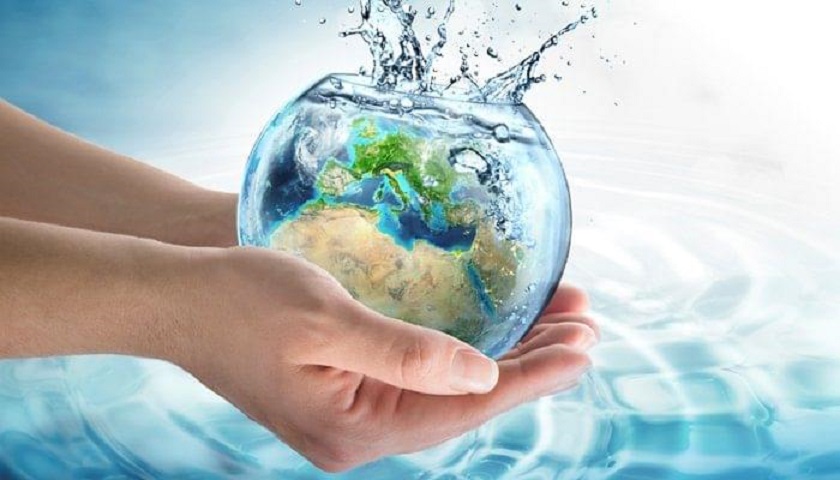
International Earth Day and our duty towards it
Earth Day, is an annual event celebrated around the world on April 22nd to show support for environmental protection. Earth Day was first celebrated in 1970 and now includes events organized by the global Earth Day Network in more than 193 countries around the world.
History of Earth Day Celebration
Peace activist John McConnell proposed at the 1969 UNESCO conference in San Francisco, a day to honor the Earth and the concept of peace. It was first celebrated on March 21, 1970. It is the first day of spring in the northern hemisphere. Nature’s Balance Day was later endorsed in a declaration written by McConnell and signed by Secretary-General U Thant at the United Nations. A month later, US Senator Gaylord Nelson established a separate Earth Day as an environmental awareness day first established on April 22, 1970. Nelson was later awarded the Presidential Medal of Freedom for his work. When establishing Earth Day on April 22 in the United States, an organization launched by Dennis Hayes, the primary national coordinator in 1970, made Earth Day a global day in 1990, and even organized the event in 141 countries.
Earth Week is celebrated by many communities, which is a full week of activities focused on environmental issues the world faces.
In celebration of Earth Day, the Ministry of Environment clarified practices that harm life on the planet
The ministry said that these practices are food waste, pollution of seas and beaches, and overfishing of endangered animals.
She pointed out that these practices include cutting down trees, encroaching on vegetation cover, and wasteful use of water, in addition to the excessive production of waste, and the use of single-use materials.
What is environmental pollution?
Environmental pollution: is the introduction of pollutants into the natural environment, causing damage to it, and causing the disturbance in the ecosystem, and these pollutants are either foreign to the environment, or natural materials, but have exceeded acceptable levels, and pollution is not associated with chemicals only but extends to include Pollution in various forms of energy, such as noise pollution, thermal pollution…
Among the most prominent types of environmental pollution:
Air pollution: It means air mixing with harmful substances such as carbon dioxide and sulfur dioxide. This pollution is caused by factory smoke and toxic waste. This pollution is one of the types that are difficult to deal with because we cannot limit air and deal with it as a substance as we deal with soil pollution.
Water pollution: the arrival of some harmful substances into water bodies such as seas, oceans, rivers, and streams. It is often due to oil leaks from oil refineries near coasts and water bodies. It may be due to the dumping of factory waste into the waters of the seas and oceans. This is considered one of the most dangerous types of pollution because it leads to the killing of marine organisms.
Noise pollution (psychological): It means annoying and unwanted sounds that affect human health. Noise pollution is related to industrial development, construction activities, and means of transportation, such as planes, trains, and others.
Guidelines to conserve water at the individual and global level
- Use water only when needed, and not use it for useless purposes.
- Install water-saving tools and parts at home to reduce its consumption.
- Inspect all pipes and parts in the home, and repair any faults or leaks in them immediately.
- Do not leave the tap running when you are finished using it.
- Bathing water, or water used to wash vegetables and fruits, can be reused for other purposes as watering plants.
- Countries should build dams to store rainwater.
- Publishing campaigns to educate people about the importance of rationalizing water consumption.
- Seawater desalination.
- Treating sewage and using it either to irrigate crops, or in industries, or to cool machinery in factories.
- Construction of rainwater harvesting wells, and the use of water harvesting techniques.
- Repair any malfunction or leakage in water pipes.
- Water the plants either in the early morning or at sunset. This is so that the roots of plants absorb the full amount of water without evaporating.
- Using modern irrigation methods such as drip irrigation works to save a large amount of water.
Learn more about water treatment methods from this article.
























